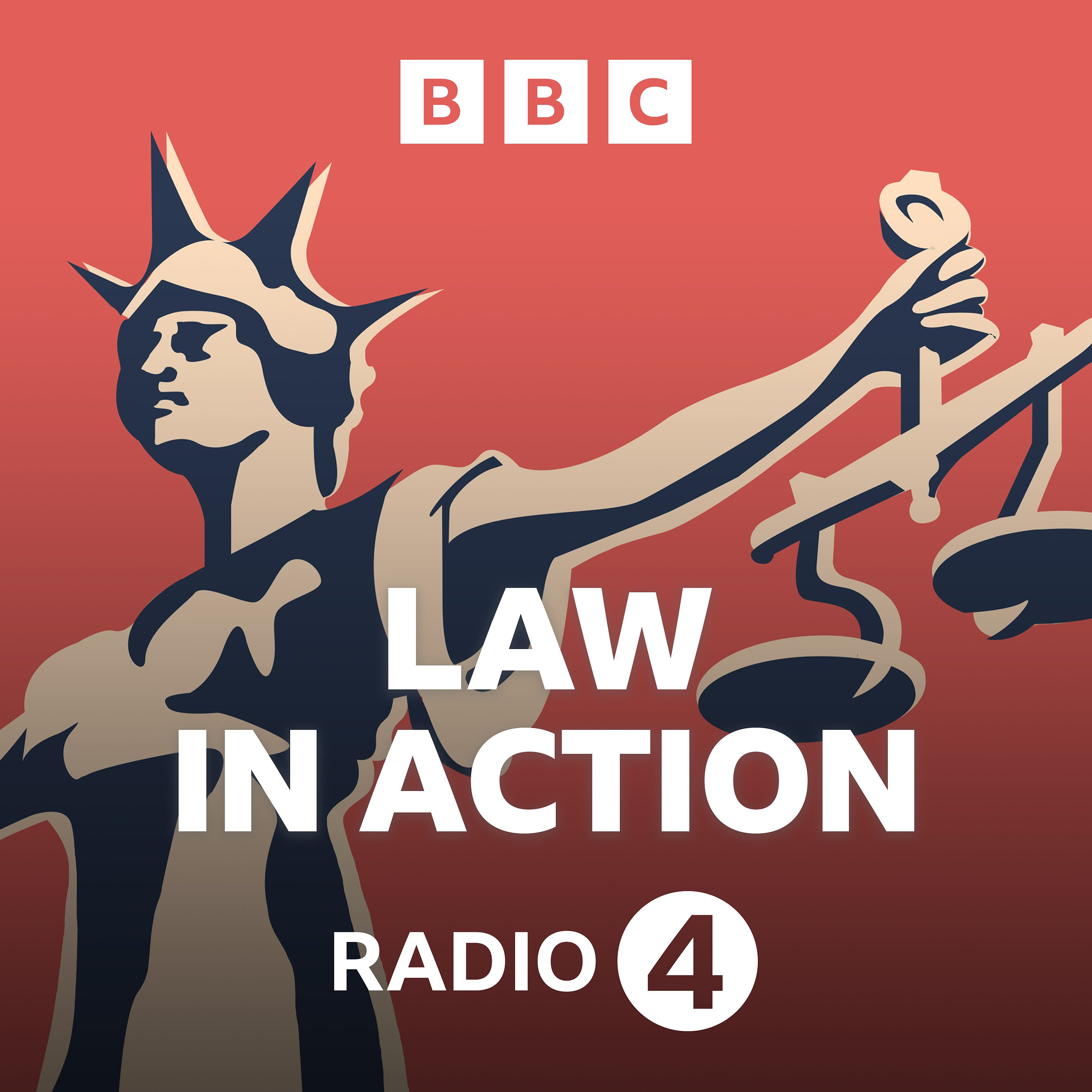- Other
- SEE MORE
- classical
- general
- talk
- News
- Family
- Bürgerfunk
- pop
- Islam
- soul
- jazz
- Comedy
- humor
- wissenschaft
- opera
- baroque
- gesellschaft
- theater
- Local
- alternative
- electro
- rock
- rap
- lifestyle
- Music
- como
- RNE
- ballads
- greek
- Buddhism
- deportes
- christian
- Technology
- piano
- djs
- Dance
- dutch
- flamenco
- social
- hope
- christian rock
- academia
- afrique
- Business
- musique
- ελληνική-μουσική
- religion
- World radio
- Zarzuela
- travel
- World
- NFL
- media
- Art
- public
- Sports
- Gospel
- st.
- baptist
- Leisure
- Kids & Family
- musical
- club
- Culture
- Health & Fitness
- True Crime
- Fiction
- children
- Society & Culture
- TV & Film
- gold
- kunst
- música
- gay
- Natural
- a
- francais
- bach
- economics
- kultur
- evangelical
- tech
- Opinion
- Government
- gaming
- College
- technik
- History
- Jesus
- Health
- movies
- radio
- services
- Church
- podcast
- Education
- international
- Transportation
- kids
- podcasts
- philadelphia
- Noticias
- love
- sport
- Salud
- film
- and
- 4chan
- Disco
- Stories
- fashion
- Arts
- interviews
- hardstyle
- entertainment
- humour
- medieval
- literature
- alma
- Cultura
- video
- TV
- Science
- en
Climate Change Challenging the Law

b"
The law is having to deal with new challenges due to climate change. Is it a human right to be protected from global warming? Do the 46 member states of the Council of Europe have to reduce carbon emissions faster to protect their citizens' right to life? The European Court of Human Rights in Strasbourg has been asked to rule on these questions. We hear about the case of the Swiss 'Klimaseniorinnen', elderly women arguing that climate change-induced heatwaves threaten their lives.
The little-known Energy Charter Treaty enables companies to sue governments for compensation for the loss of predicted profits, if signatory states reduce the value of contracts such as by banning new fossil fuel extraction projects. Could this deter countries from passing the carbon-reduction measures necessary to combat climate change? Or is the ECT a tool worth keeping, as it also protects renewable energy contracts that governments promised subsidies for?
What are the ethical choices for climate-conscious lawyers when it comes to either representing fossil fuel companies, or prosecuting climate change protesters? Could, or even should, lawyers refuse to act for certain clients, or to prosecute certain defendants? What's more important: fighting global warming or ensuring access to justice for all and upholding the rule of the law as it stands? We discuss the dilemmas, and some new guidance for lawyers.
Presenter: Joshua Rozenberg\\nProducer: Arlene Gregorius\\nResearcher: Bethan Ashmead Latham \\nProduction Coordinator: Maria Ogundele\\nSound Engineer: Neil Churchill \\nEditor: Simon Watts
Photo of Swiss 'Klimaseniorinnen' activists at Strasbourg on 29.3.2023: \\xa9 Greenpeace / Shervine Nafissi
"